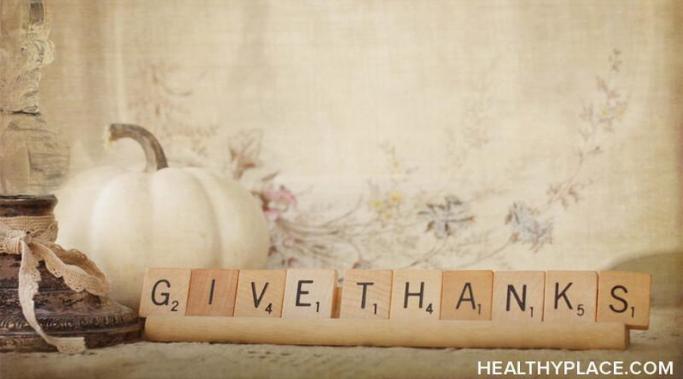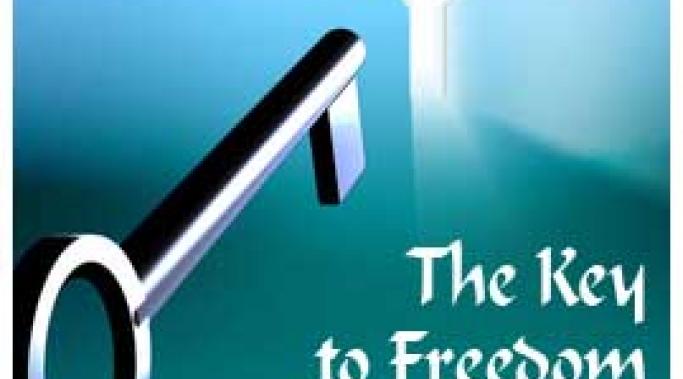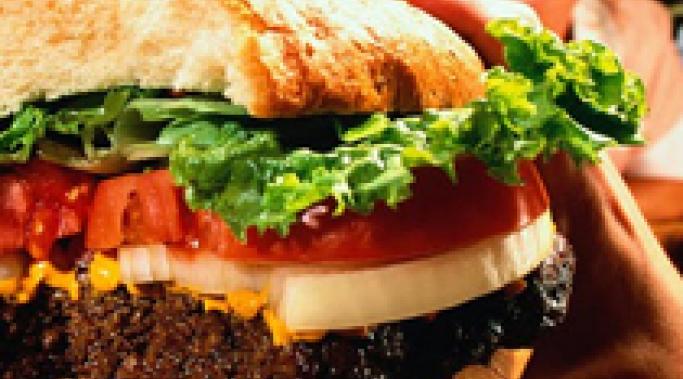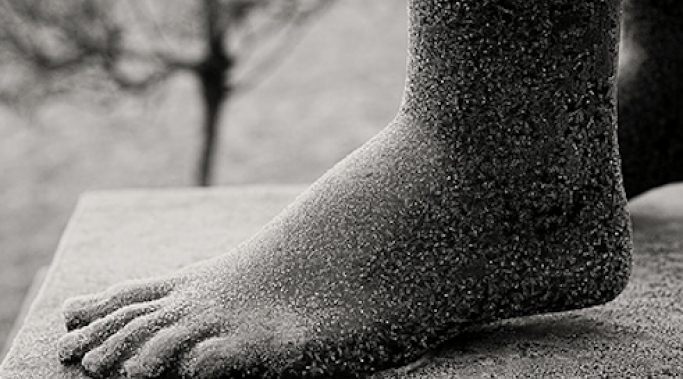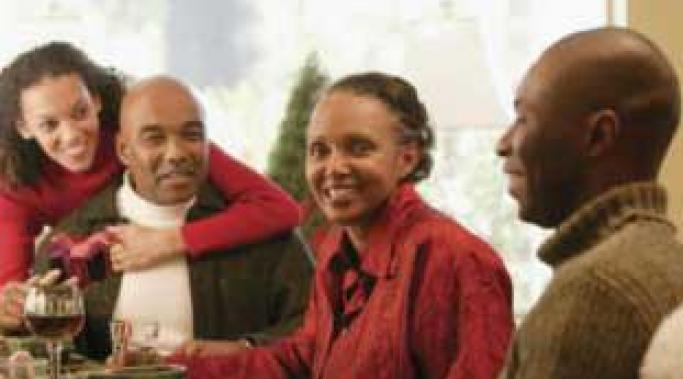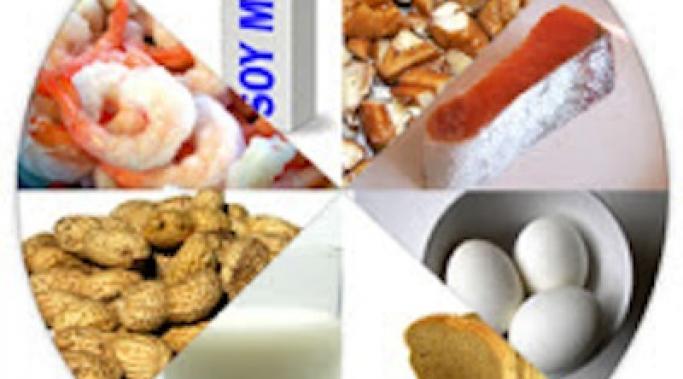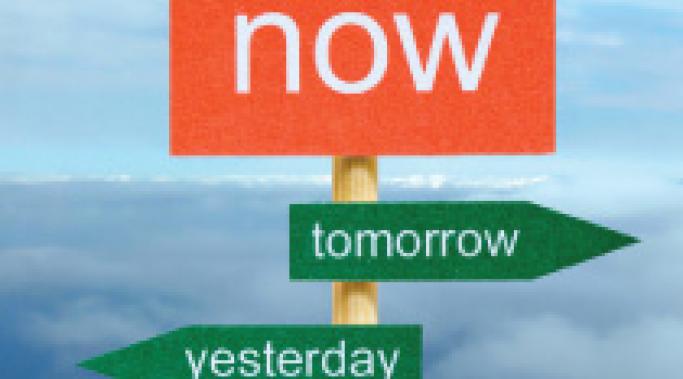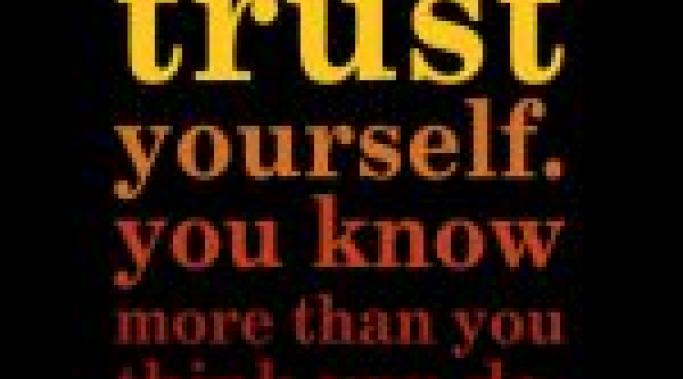Being thankful in eating disorder recovery is not always easy and, sometimes, it's nearly impossible to find a reason to be thankful. Thankful that I'm still alive? Sure, but there have been days that breathing has seemed more of a curse than a blessing. Thankful for family? Oh, you mean those jerks who shipped me to an eating disorder treatment center halfway across the country and wouldn't let me come home? So thankful for them. (Sorry, Mom and Dad! But this was definitely a thought of mine.) But usually, if you look closely enough, you will find a lot of reasons to be thankful in eating disorder recovery.
Surviving ED
In the context of peer support, I'm often asked about what eating disorder recovery means to me and how I 'got' here. Basically, I'm asked to sort of summarize the most important thoughts I went through while battling the disease; or now, looking back on it. I'm happy to share with you readers some of my most personal truths discovered along the way; things I know for sure about myself and about what my recovery was like, and also in regards to how I feel about my history with bulimia.
With the publication of the Fifth Edition of the Diagnostic and Statistical Manual of Mental Disorders (DSM-5), Binge Eating Disorder is officially recognized by the APA as an eating disorder. Whereas it had previously been relegated to the catch-all category of "Eating Disorder Not Otherwise Specified," Binge Eating Disorder is diagnosable as an eating disorder all its own - and it is finally acknowledged that not all people with eating disorders are your starving waifs on the runway. (In fact, only a small percentage are.)
For those who suffer from Binge Eating Disorder, it might come as a relief to know that there is actually something "wrong." It's not just that I lack self-control or don't exercise enough or eat "bad" foods. I have an eating disorder every bit as physically and psychologically damaging as Anorexia or Bulimia.
Very often, I'll come across guidelines explaining or offering guidance on what to say or not to say to someone suffering from an eating disorder. Though these guidelines are useful and important in order to give those who are not familiar with eating disorders a frame of reference, they can still lead to awkward or hurtful interactions, simply because these kind of conversations surrounding eating disorders and mental illness are never easy to have.
A lot of people I've talked to on my journey in and out (and in and out) of this eating disorder hell have told me that there are periods of the year that are more difficult for them because of eating disorder memories or landmarks. I often think of them as anniversaries. It's more than that general tension at holidays or the beginning of the school year - these anniversaries mark something (good or bad) and become a measuring stick.
The holidays are upon us with the party season in full swing and it can be a frightening time for someone suffering or recovering from an eating disorder. Most of you must know by now that I consider myself recovered and that I've maintained recovery from bulimia for over 5 years. However, that is no to say that I don't have some moments or even days when I feel more vulnerable to some potential eating disorder triggers; especially during the holidays
Eating Disorders and Medical Conditions
At the beginning of the year, I wrote about how eating disorders will often come along with other psychiatric disorders and how important it is to stay on top of both of them for your recovery. However, some of the complications in eating disorder recovery can also come from medical concerns. (Eating Disorder Health Problems and Complications) Plenty of diseases have dietary implications and if you're not ready to tackle both, either your physical health or your recovery will suffer.
The range of medical issues we're talking about here is vast. Sometimes it's an intolerance to something and sometimes it is something more serious, like diabetes or another endocrine disorder or a severe food allergy. Regardless, it can make eating disorder recovery a little more complicated. As if it weren't complicated enough, right?
Every day, I make small choices which greatly impact the maintenance of my bulimia recovery. One of these choices starts with thinking ahead in the morning on the meals I plan to have throughout the day; while another is being mindful of the inner dialogue I have about my self-image and how it relates to my eating habits.
Happy Halloween, y'all! While I always greatly enjoy seeing what the kids in the neighborhood dress up as, there is one thing I am less excited to see in disguise: my eating disorder. Symptom switching is your eating disorder's way of sneaking back into your routine. In the past 14 years, one thing I have learned is this: the eating disorder never stays the same.
When I reflect on the years I struggled through my eating disorder; bulimia, and its recovery, it reminds me of how resilient human beings can be. In extreme times, whether tough or the opposite, I sometimes find myself appreciating my own inherent resolve not to self-harm.
